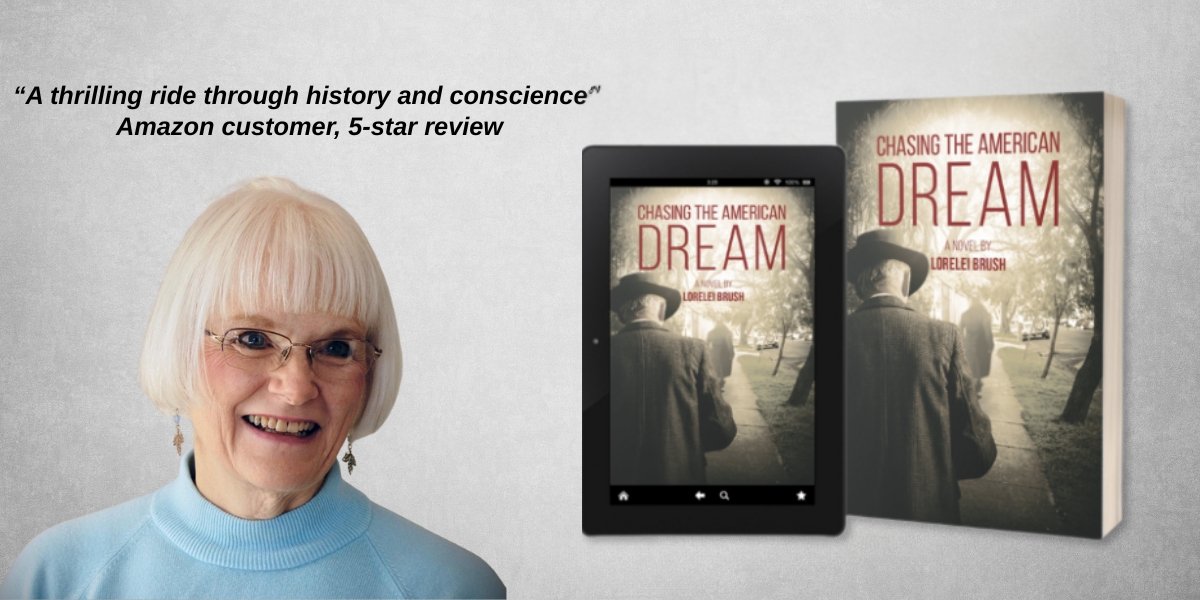By: Quinn Delaney
John “JR” Robinson, often regarded as one of the most recorded drummers in history, has spent over five decades shaping the soundscape of modern music. With his autobiography, King of the Groove, Robinson offers an intimate look into his journey from a small-town boy in Iowa to a globally recognized rhythm icon. The book is not just a chronicle of his musical milestones but also a reflection on the mentors, philosophies, and the persistent drive that have shaped his career.
Foundations of Rhythm: Mentors Who Molded the Maestro
Robinson’s rhythmic journey has been strongly influenced by his parents. His father, John Herbert Robinson, instilled in him the values of perseverance and self-reliance, often reminding him, “Don’t wait for someone else to make your path easier. Work for what you want and show up ready.”
This foundational ethos was further enhanced when Robinson encountered Ed Soph at a National Stage Band Camp during his high school years. Soph, recognizing Robinson’s raw talent, helped refine his technique and introduced him to the nuances of jazz, emphasizing the importance of listening and space in music.
However, it was Quincy Jones, the legendary producer, who became Robinson’s lifelong mentor and friend. Their collaboration began in 1978 and flourished with projects like Michael Jackson’s Off the Wall. Jones’s trust in Robinson’s instincts was evident when he encouraged him to craft the iconic drum fill for “Rock with You,” a moment that marked a defining point in Robinson’s career.
Fueling Creativity: Embracing Diversity and Collaboration
Robinson believes that ongoing exposure to diverse musical genres is key to sustaining creativity. He emphasizes the importance of listening, suggesting that growth as a musician often involves dedicating over 50% of one’s time to absorbing various musical styles.
This philosophy led him to form bands like the jazz-fusion trio SRT and the rock/soul ensemble Citizen Gain, allowing him to explore new musical territories and avoid artistic stagnation.
Adaptability is another cornerstone of Robinson’s creative process. He tailors his equipment and playing style to suit the unique needs of each project. For instance, while recording Alice Cooper’s “Run Down the Devil,” he opted for a sultry groove over a traditional heavy metal beat, demonstrating his focus on serving the song’s essence.
Collaboration, for Robinson, is not just about playing together but about creating a shared musical vision. He encourages musicians to engage in collaborative sessions, as they help foster unity and the dynamic interplay of ideas, which are crucial for any true artistic endeavor.
The Driving Force: Passion, Legacy, and Lifelong Learning
Even after decades in the music industry, Robinson’s passion remains strong. His motivation stems from an intrinsic desire to create and innovate. He views each performance as an opportunity to challenge himself and explore new musical frontiers.
This drive is complemented by his commitment to nurturing the next generation of musicians. Through initiatives like the John JR Robinson Music Through Arts Fund, he aims to support youth music education and share the wisdom he’s accumulated over the years.
Robinson’s recent projects, including plans to reunite his Grammy-winning band Rufus and Chaka Khan for a docuseries and global concerts, as well as collaborations with longtime friend David Foster, demonstrate his continued pursuit of musical excellence.
His approach to each endeavor is characterized by a blend of humility, dedication, and an unwavering commitment to the craft.
Leadership in Rhythm: Guiding with Purpose and Empathy
Robinson’s leadership style is rooted in service to the music and the ensemble. He believes that true leadership involves creating a foundation that uplifts everyone involved.
Drawing inspiration from mentors like Quincy Jones, he emphasizes the importance of trust, adaptability, and fostering a positive environment.
His ability to remain teachable and receptive to feedback has been instrumental in his growth. Whether it’s adjusting his playing based on a producer’s vision or addressing challenges during high-stakes recordings like “We Are the World,” Robinson illustrates that effective leadership often involves making tough decisions for the greater good of the project.
Crafting the Narrative: Insights for Aspiring Authors
In King of the Groove, Robinson shares valuable advice for first-time authors:
- Authenticity is key: Share genuine stories that resonate with readers, including both triumphs and challenges.
- Collaborate with trust: Surround yourself with collaborators who understand and support your vision.
- Structure with purpose: Organize your material in a way that reinforces your message and engages the reader.
- Incorporate diverse perspectives: Including insights from others can enrich your narrative and provide a more comprehensive view.
Robinson likens the process of writing a book to recording an album—both require preparation, collaboration, and heartfelt dedication.
Learning as Remembering: A Philosophical Approach to Mastery
Robinson introduces the concept of learning as a “remembering process,” suggesting that acquiring new skills often feels like recalling knowledge already embedded within us.
He describes musical experiences where understanding and execution seem to emerge instinctively, as if tapping into a universal reservoir of knowledge.
This perspective reinforces his belief that true mastery involves connecting with an innate sense of rhythm and creativity that can transcend conscious learning.
King of the Groove is more than a memoir; it’s a testament to the power of passion, perseverance, and the profound impact of music.
Through his stories, Robinson not only chronicles his remarkable journey but also offers invaluable insights for musicians, leaders, and creatives alike.
Available Now
King of the Groove is available in paperback, audiobook, and Kindle editions on Amazon and other major retailers.








